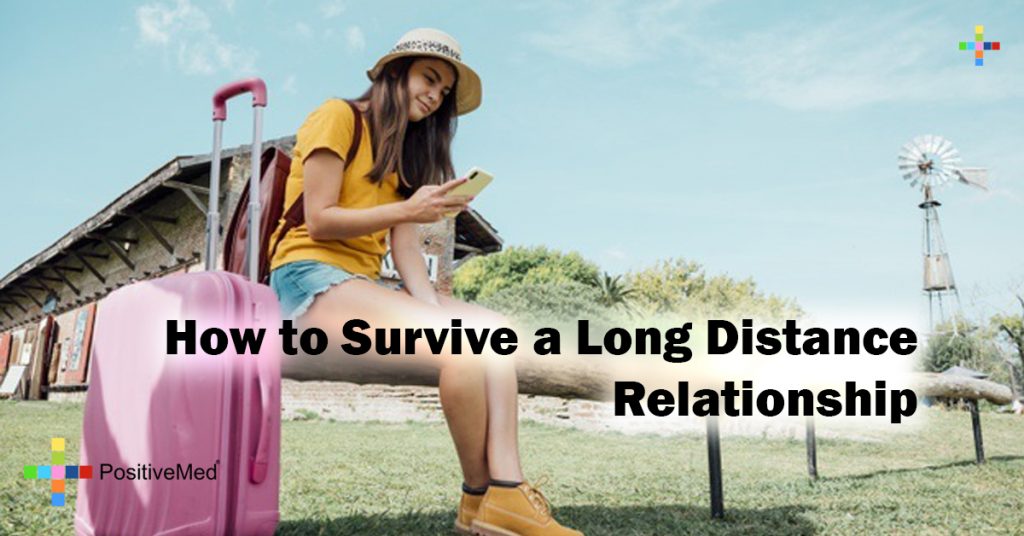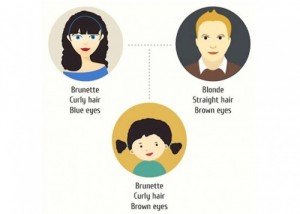
Discover whether or not a long distance relationship will work for you.
As more and more people meet through online dating or at events away from home, and as people get transferred to other cities for their jobs, long distance relationships have become more common. Sometimes they are very challenging and sometimes they work out well.

The Challenges
If you are an insecure, anxious, needy or jealous person, then a long distance relationship is likely not for you. Until you learn to love yourself enough to not worry about what your partner is doing, and to take loving care of your own feelings, it will likely be very stressful for you.
If you are an extroverted person who regenerates with your partner and with others, not seeing your partner on a daily basis might be very hard for you, especially if you are a stay-at-home parent or you work at a job where you don’t have much interaction with others.
If you are a working mother or father, or you have a number of young children, it may be quite challenging for you do not have the help of your partner.
If consistent, daily in-person connection and affection are important to you, then a long distance lifestyle would not work well for you.
The Positives
If you are a more introverted person who needs a lot of time alone to regenerate, it might work well for you to not be with a partner on a daily basis.
If you or your partner are both very busy, achievement-oriented people, getting together on weekends or even once a month for a weekend might be a lifestyle that works for you.
If both you and your partner love your time alone, then a long distance relationship might be ideal for you.
If the two of you love each other but you often trigger each other in ways that lead to distance or conflict, then not seeing each other as much might be just the thing that saves your relationship.
If you love to travel and you are a very social person who makes friends wherever you go, and your partner is a quieter stay-at-home person, you might find that you each get your needs met through a long distance relationship.
If you tend to be a person who gives yourself up a lot and has a fear of engulfment, you might feel much safer in a long distance relationship.
Sometimes people who live in different cities meet one another and thoroughly enjoy their relationship – as long as they live apart. But fears of engulfment might get triggered if they make plans to live together.
Beth and her partner Danny both enjoyed their weekends together once a month and their vacations together. They thought the next step would be to live together. But when Danny’s job finally allowed him to move to the same city as Beth, she becomes terrified. During their seven-year long-distance relationship, Beth often found herself giving herself up on their weekends together and even on the phone, and she sometimes breathed a sigh of relief when Danny went back to his home.
Even though she complained that she and Danny didn’t have enough time together, when the opportunity finally arose for this to become a reality, Beth suddenly found herself re-evaluating the relationship. Her fear of engulfment was so great that she ended the relationship. She told me that Danny was a very demanding person and that she could manage that in a long-distance relationship but not in a live-in one.
Beth could have done the inner work necessary to develop her loving adult so that she no longer gave herself up, but she had convinced herself that the relationship would end anyway if she stopped being a caretaker. She might have been right, but she also might have been wrong. The only way she could have known the truth would have been to stop caretaking and see what happened. But she was not willing to take this risk.
It’s important to be honest with yourself about whether or not a long distance relationship is for you.
 By Dr. Margaret Paul
By Dr. Margaret Paul
Margaret Paul, Ph.D. is a best-selling author, relationship expert & Inner Bonding® facilitator. She has counseled individuals & couples since 1968. She is the author/co-author of eight books, including the internationally best-selling Do I Have To Give Up Me To Be Loved By You?, Healing Your Aloneness, Inner Bonding, and Do I Have To Give Up Me To Be Loved By God? She is the co-creator of the powerful Inner Bonding® healing process, recommended by actress Lindsay Wagner and singer Alanis Morissette, and featured on Oprah, as well as on the unique and popular website Inner Bonding & of the transformational self-healing/conflict resolution software program, SelfQuest®. Click here for a FREE Inner Bonding course.<





